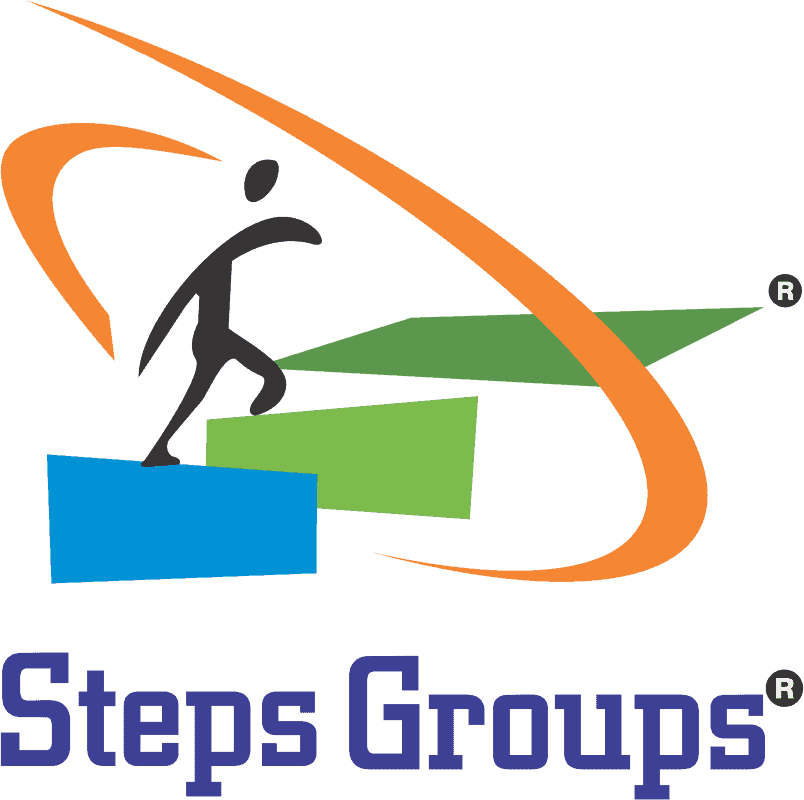The OT will then create a program of activities for the child to work on. Here are examples of the tasks and skills OTs might focus on:
Occupational Therapy in Coimbatore
Occupational Therapy(OT) in Coimbatore
Occupational Therapy (OT) is defined as a profession concerned with promoting health and well-being through occupation. There is a definite process that is followed by occupational therapists. It is called the Occupational Therapy Process. The stages of this process are referral, information gathering, initial assessment, requires problem identification, goal setting, action planning, ongoing assessment and revision of action, outcome and outcome measurement, end of intervention or discharge, and review. Occupational Therapy is widely used in physical, mental, and community health settings.
- Self-care routines like getting dressed (fine motor skills and motor planning)
- Writing and copying notes (fine motor skills, hand-eye coordination)
- Holding and controlling a pencil, using scissors (fine motor skills, motor planning)
- Throwing and catching (gross motor skills like balance and coordination)
- Organizing a backpack (motor planning, organization skills)
- Reacting to sensory input (self-regulation skills)
Physical Health Aspects of Occupational therapy
It is most closely associated with hospital-based occupational therapy for children, schools, and the community. AS OT delivers treatment through occupation, a therapy given to a child will differ from therapy for an adult. This is because of the difference in the things, which keeps both the age groups occupied. Amongst other factors, the most common conditions generating a need for OT services include autism, developmental disorders, fine motor development disorders, fine motor development delays, and emotional and behavioural disturbances. OT also plays a significant role in the case of a major traumatic injury. It helps to recover, as it facilitates early mobilisation, restores function, and prevents worsening of the patient’s conditions. In the case of the aged, OT can actually help elderly people to lead a good life.
Mental Health Aspects of Occupational therapy
OT in the field of mental health addresses issues of schizophrenia, drug addiction, mood disorders, dementia, anxiety disorders, and personality disorders. Small chores like keeping a daily planner, managing money, building social skills, and increasing community participation.
Sensory Integration
Sensory integration is defined as the neurological process that organizes sensation from one’s own body and the environment, thus making it possible to use the body effectively within the environment. Specifically, it deals with how the brain processes multiple sensory modality inputs into usable functional outputs Sensory integration deals with how the brain processes sensory input from multiple sensory modalities. These include the five classic senses of vision (sight), audition (hearing), tactile stimulation (touch), olfaction (smell), and gustation (taste).
Other sensory modalities exist, for example, the vestibular sense (balance and the sense of movement) and proprioception (the sense of knowing one’s position in space). It is important that the information of these different sensory modalities must be relatable. The sensory inputs themselves are in different electrical signals, and in different contexts. Through sensory integration, the brain can relate all sensory inputs into a coherent percept, upon which our interaction with the environment is ultimately based.
Problems with Sensory Integration
Sometimes there can be a problem with the encoding of sensory information. This disorder is known as Sensory Integration Dysfunction (SID). This disorder can be further classified into three main types. Type 1 is when the patient exhibits a sensory modulation disorder, where he/ she seek sensory stimulation due to an over or under response to sensory stimuli. Type 2 is when the patient exhibits a sensory-based motor disorder. Patients who have this type of SID have incorrect processing of motor information which leads to poor motor skills. Type 3 SID occurs when the patient has a sensory discrimination disorder, which is characterized by postural control problems, lack of attentiveness, and disorganization.
Developmental Therapy
Occupational therapists are trained to assist people of all ages to perform the functional tasks that normally occupy their lives. The occupation of childhood is to develop the skills like continual refinement and development of motor skills, development of communication skills, appropriate social interactions, language and cognitive skills, age appropriate self-care skills etc. necessary to become functional and independent adults..
Play is the media most often used in the Occupational therapist’s treatment of children. It is highly motivating and a natural media used by all children. Education and involvement of the family is usually a primary consideration and may be critical to success. The educational background of Occupational therapists includes extensive course work in anatomy, neurology and psychology. Their education also includes course work in activity analysis. This enables the therapist to analyze the components of a play or work activity choosing tasks that will improve the child’s basic skills. The evaluation is different for each child depending on the presenting problems and the expertise of the professional performing the evaluation.
Head Office
Steps Groups Campus
1850, Trichy Road, Ramanathapuram,
Coimbatore-641045
Call: 7070704543



